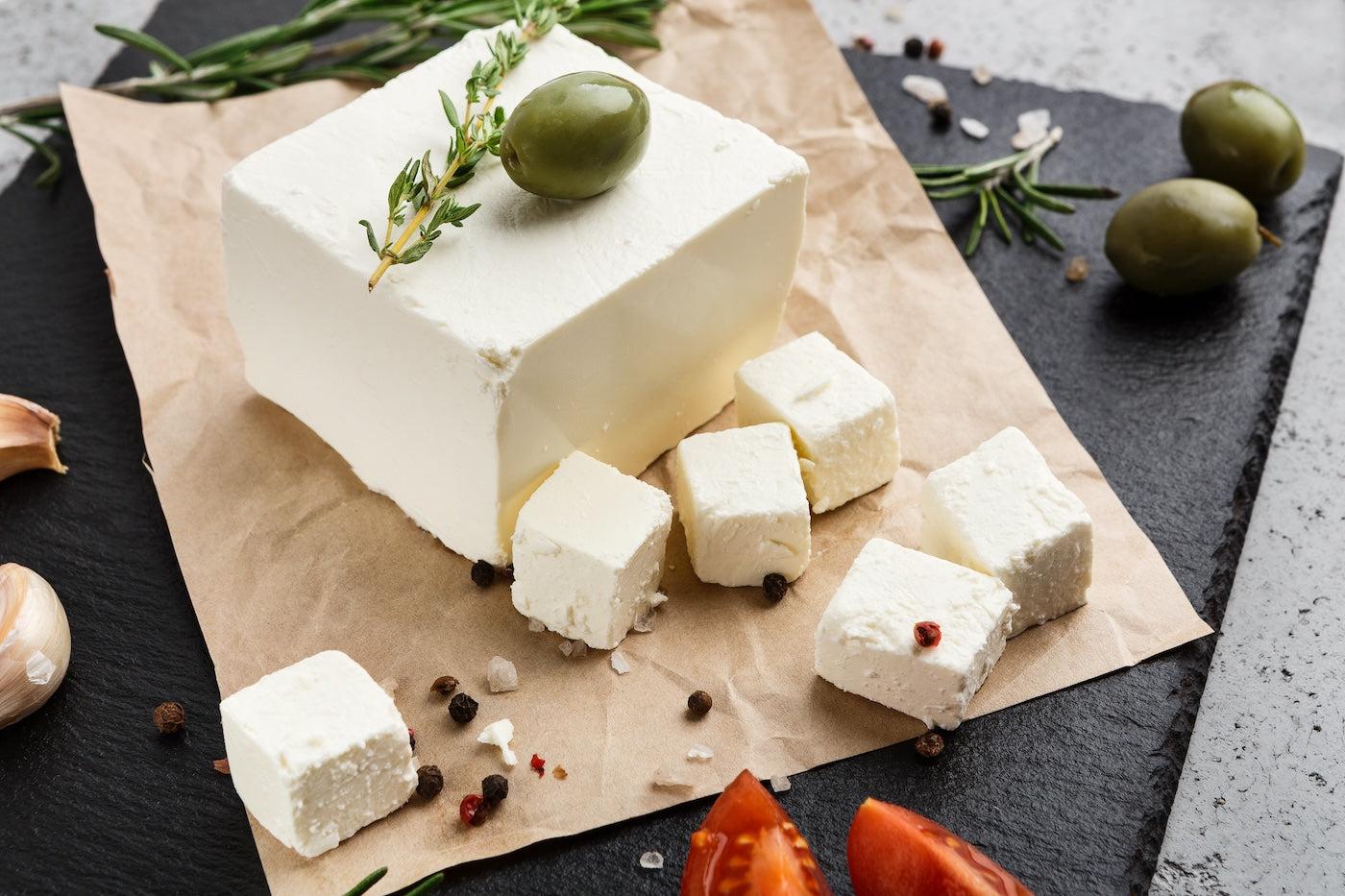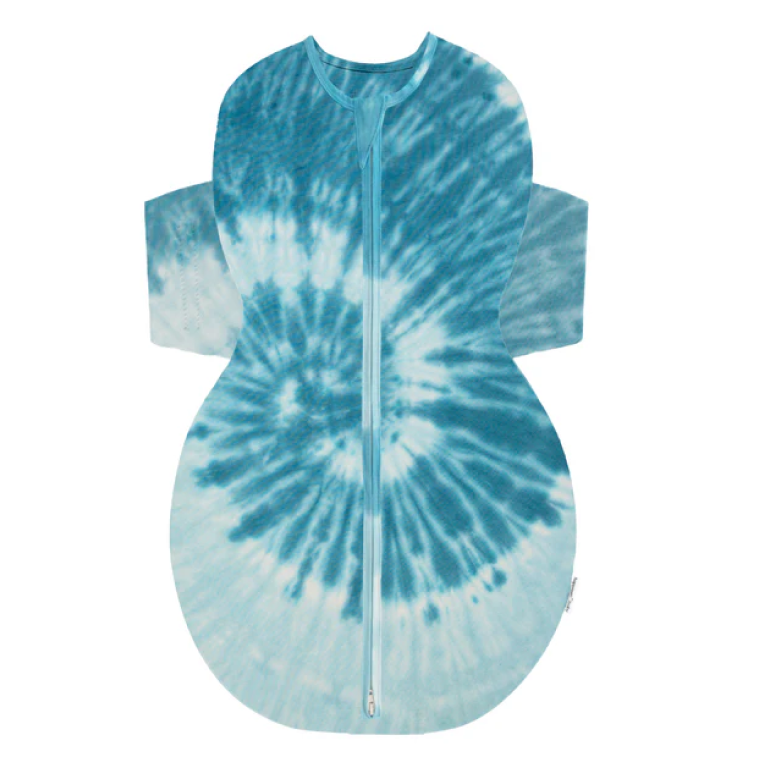PREGNANCY
Is Feta Safe to Eat While Pregnant?
This one goes out to the Greek-salad fans.

Written by
Happiest Baby Staff

Great news for Greek-salad fans: Yes, you can eat feta cheese during pregnancy—but only if it’s made from pasteurized milk! Pasteurization is a process that kills harmful bacteria like Listeria monocytogenes, which can cause serious pregnancy complications. Steer clear of unpasteurized feta (often found in imported, artisanal, or farmer’s market varieties), as it carries a higher risk of listeria contamination.
Is feta safe to eat while pregnant?
Feta made from pasteurized milk and stored properly is considered safe during pregnancy. Always double-check the label, ask at restaurants, or confirm with the vendor if the feta is pasteurized. Avoid “fresh” feta sold in open brine tubs or from delis where pasteurization can’t be guaranteed.
And don’t be shy about chatting with your OB/GYN if you’re unsure or if you’ve accidentally eaten unpasteurized feta.
Benefits of Eating Feta During Pregnancy
- Good source of calcium: Supports strong bones for both parent and baby
- Protein boost: Helps with fetal growth and muscle development
- Flavorful: Adds taste to salads, grains, and vegetables, which may make nutrient-dense foods more enticing or help if you’re battling food aversions!
Risks or Considerations
- Listeria risk: Unpasteurized feta can carry listeria, which may cause miscarriage, stillbirth, or infection.
- High sodium content: Excess salt can contribute to bloating or high blood pressure.
- Fat content: While healthy fats are important, feta can add up quickly if eaten in large amounts.
- Storage concerns: Once opened, feta should be refrigerated in brine and eaten within a few days.
How to Safely Eat Feta While Pregnant
- Always choose feta labeled pasteurized.
- Buy pre-packaged feta from reputable brands.
- If eating out, ask if the feta is pasteurized before ordering.Store properly in the fridge, ideally submerged in brine.
- Use feta as a topping or flavor accent, rather than in large portions.
When to Avoid Feta
- If the feta is made from unpasteurized milk
- If it has been stored improperly (think: left out or without brine)
- If you are immunocompromised or your doctor has advised stricter food safety precautions
- If you’re already consuming a lot of salty foods in your diet
Bottom Line
Feta cheese can be a safe and tasty addition to your pregnancy diet—as long as it’s made from pasteurized milk and stored properly. Always double-check the source, keep portions moderate, and talk to your healthcare provider if you have concerns.
More on Eating Healthy During Pregnancy:
- Real Talk on Food to Avoid in Pregnancy
- Is Eating Fish During Pregnancy Safe?
- Healthy Foods to Satisfy Every Pregnancy Craving
- Why Is Folic Acid So Important During Pregnancy?
REFERENCES
- U.S. Food and Drug Administration: Listeria (Food Safety for Moms‑to‑Be)
- Centers for Disease Control and Prevention: Safer Food Choices for Pregnant Women
- Office of Dietary Supplements, NIH: Calcium Fact Sheet for Consumers
- American College of Obstetricians and Gynecologists: Nutrition During Pregnancy
- U.S. Department of Agriculture / FoodData Central: Cheese, Feta, Whole Milk, Crumbled
- U.S. Food and Drug Administration: Food Safety Booklet for Pregnant Women, Their Unborn Babies, and Children Under Five
Disclaimer: The information on our site is NOT medical advice for any specific person or condition. It is only meant as general information. If you have any medical questions and concerns about your child or yourself, please contact your health provider.
SHARE THIS ARTICLE
MOST LOVED
Sleepytime Sidekicks












